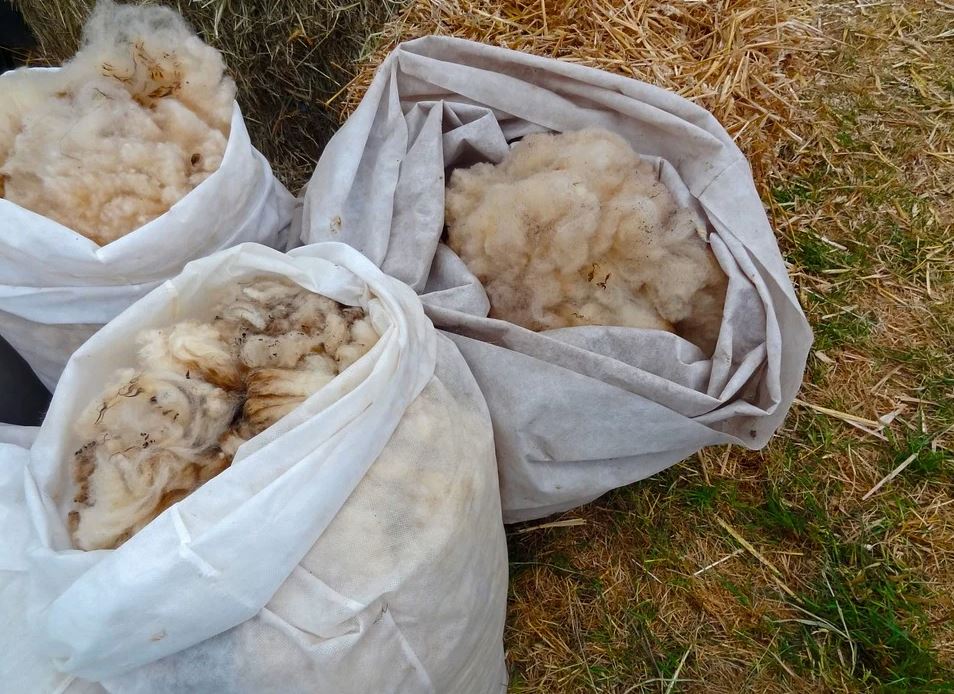The Irish Natura and Hill Farmers’ Association (INHFA) has called for a significant increase in support for the Irish Grown Wool Council which was formally established last April.
The establishment of an industry-led all-island council to champion the Irish-grown wool brand was one of the main recommendations of the Agile Executive report which was published last year.
INHFA national chair, Pheilim Molloy, said the current funding of €30,000 towards the council is “totally inadequate” and detailed the need for funding of up to €1 million to support, research and develop the necessary infrastructure to drive the industry on.
In developing a future for the woollen industry, Molloy said it is “vital that we recognise the enormous potential there is for natural products such as wool, especially in the textile and garment (fashion) industry as the need for a viable alternative to synthetic fibres increases”.
With environmental concerns and climate change dominating debate and actions at a global level, all industries will have to “re-evaluate their carbon emissions”, he added.
Wool industry
The INHFA said that currently, the textile and garment sector are contributing almost 10% of global carbon emissions while also adding to the growing levels of microplastics.
“These emissions are seen through the entire lifecycle of the garment from production through to disposal, and while there is a recognition around the need to address this, progress is very slow,” Molloy continued.
As the Cabinet moves to finalise Budget 2024, Molloy stressed “how the government needs to show greater ambition in developing a woollen industry, recognise the enormous potential that such an industry can provide, and our call for increased funding should be viewed in this context”.
Apart from the call for increased funding, the association has also suggested exploring the possibility of a levy on synthetic fibres.
“This could be ringfenced to support the development of natural wool-based alternatives and clearly such a levy would have to be across all EU member states,” Molloy added.
While acknowledging that such a levy may seem “radical”, the INHFA leader has highlighted similar levies across many sectors including energy and agriculture.
“All sectors of the global economy will be required to make the necessary contributions in order to meet the challenges posed by climate change,” he said,
Molloy reiterated the need for ambitious thinking that “views wool as the essential raw material in the global fashion industry where farmers are properly paid for this vital product”.
